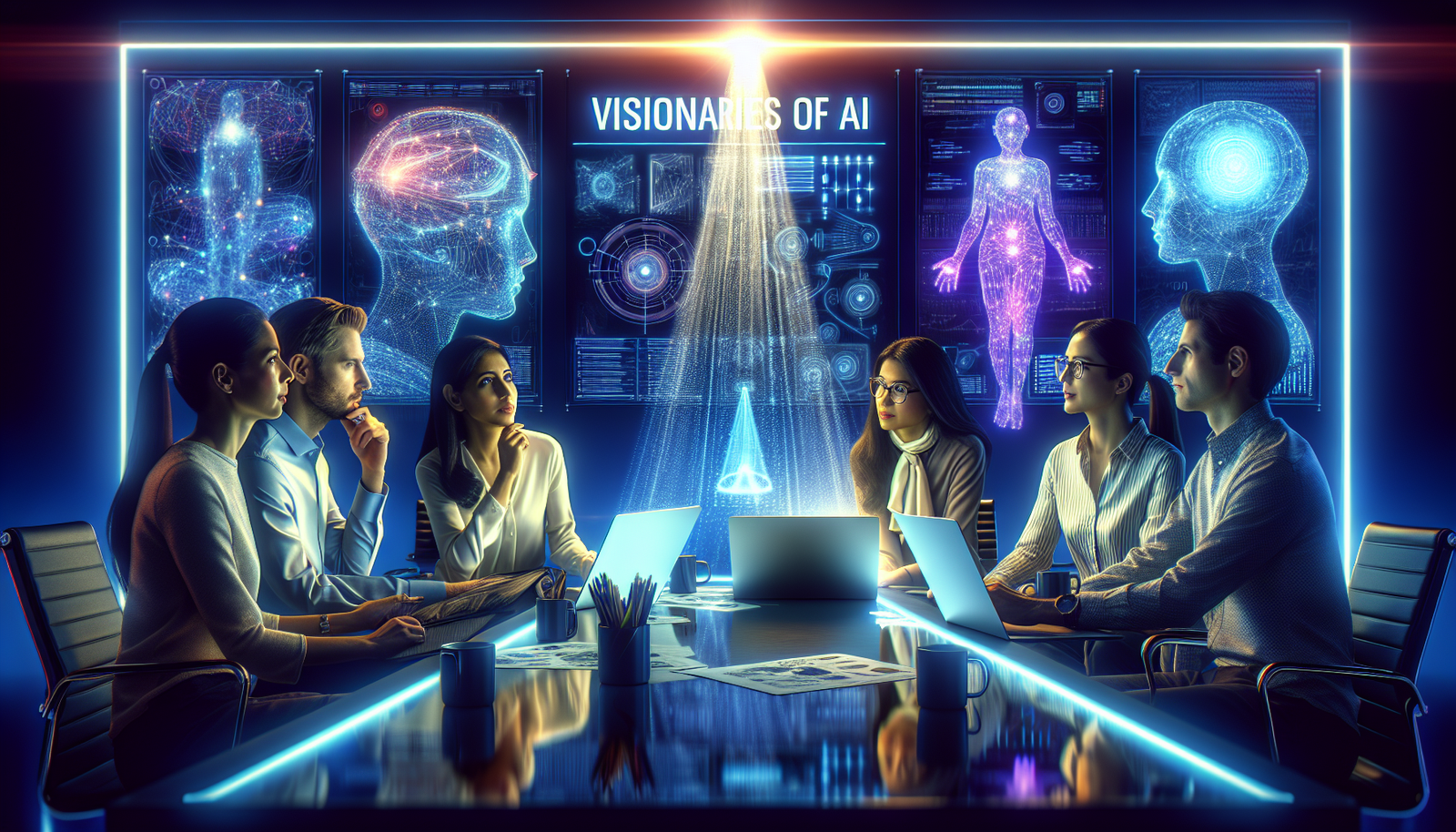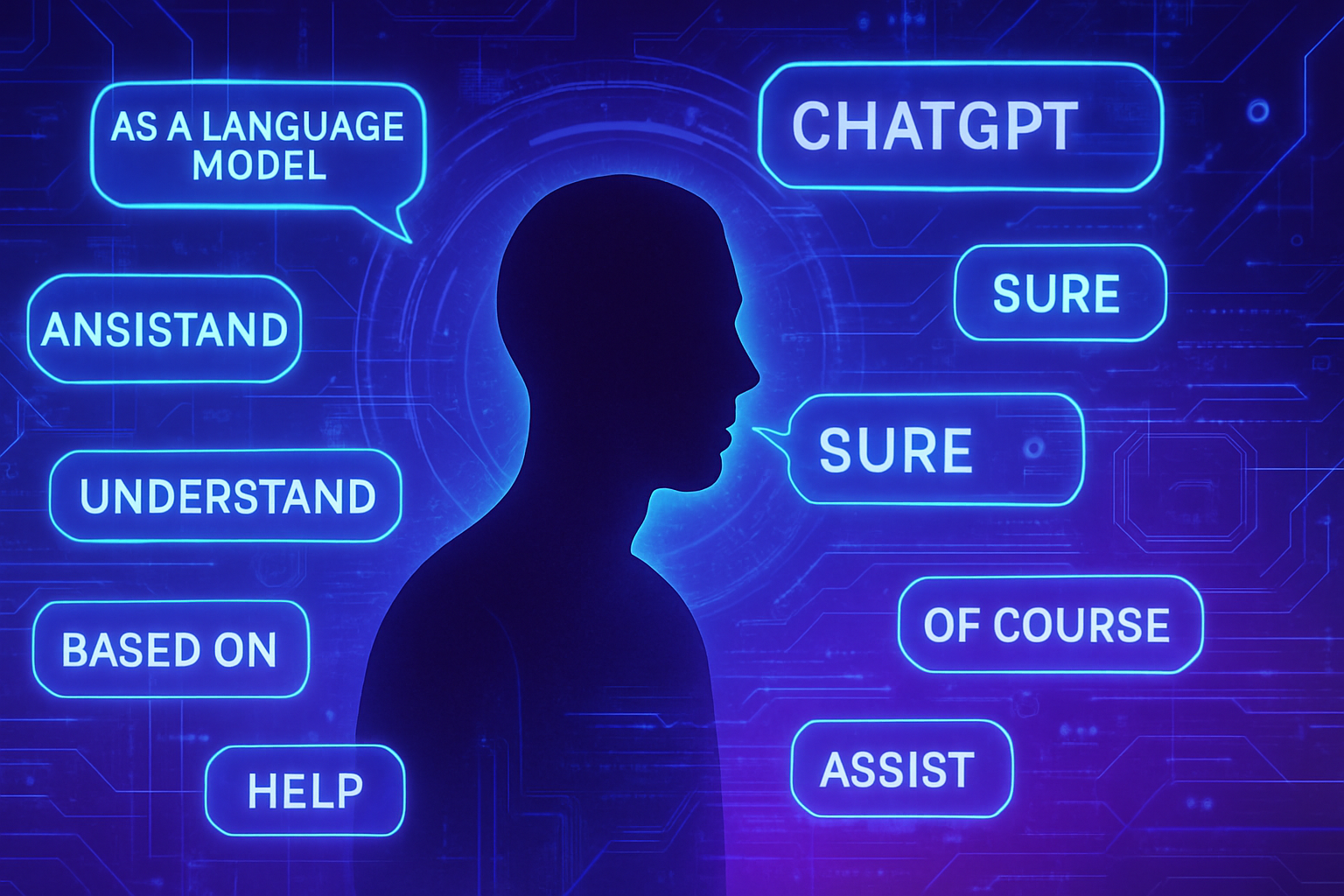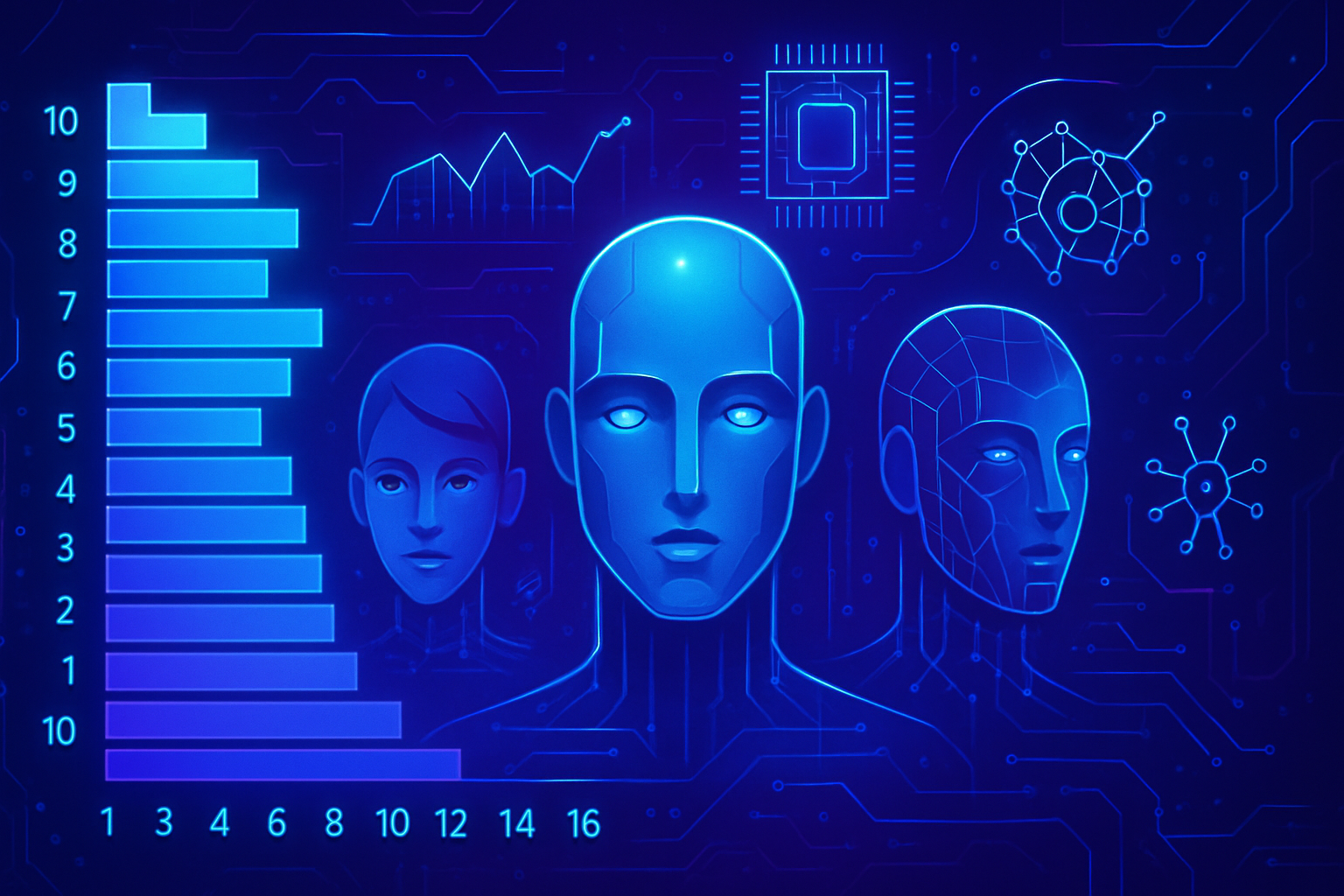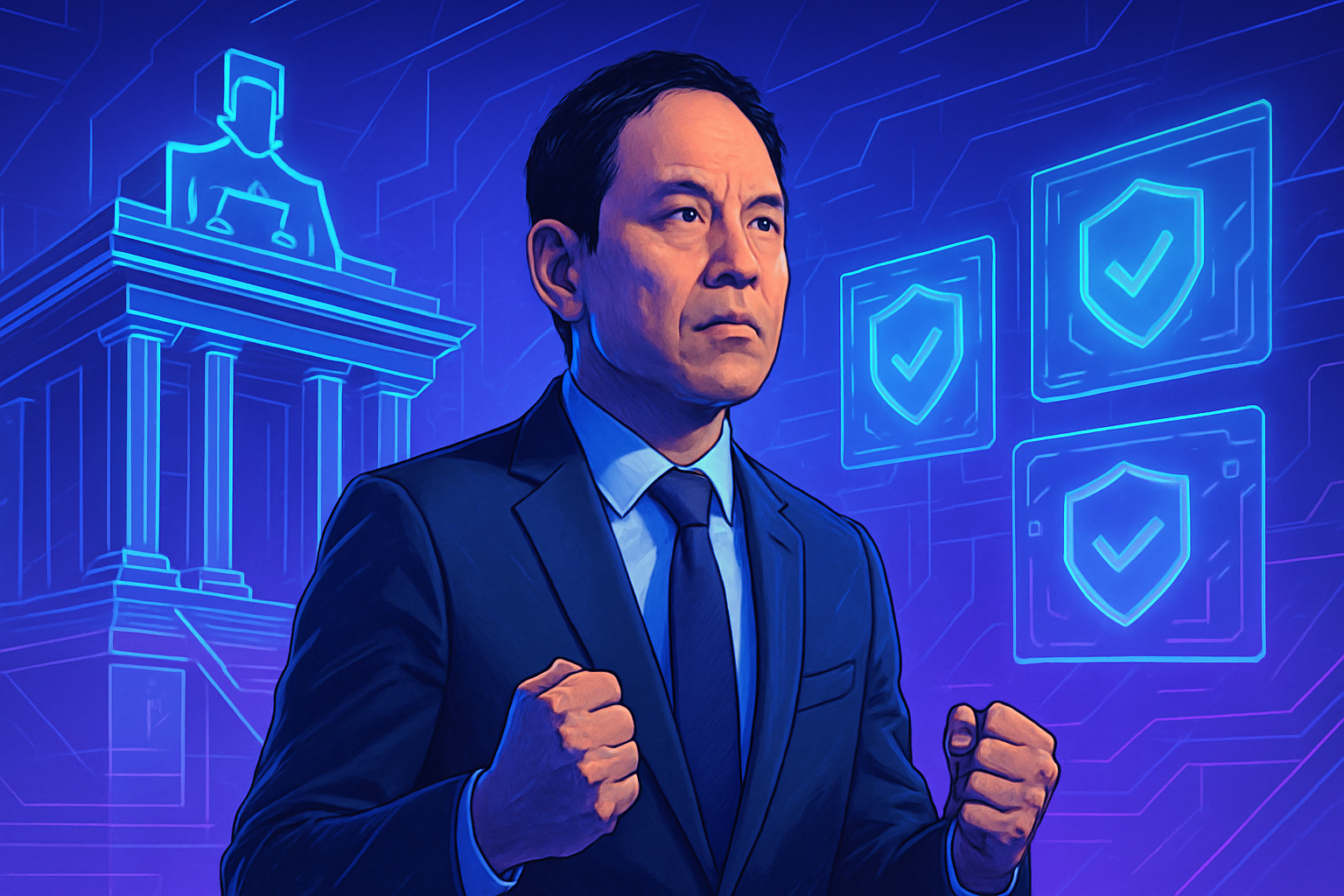The Foundations of Artificial Intelligence
The approach of artificial intelligence is based on algorithmic principles that enable the imitation of human intelligence. AI models, designed to learn and adapt, leverage data to optimize their performance. Learning systems, such as neural networks, constitute one of the major areas of research and application.
The Advantages of AI in Various Sectors
The integration of AI transforms multiple sectors, including healthcare, education, and transportation. The ability of AI systems to analyze vast amounts of data in a reduced time improves decision-making, optimizes processes, and increases yields.
In the medical field, specific algorithms assist in the early diagnosis of diseases. AI analyzes medical images with a precision that can surpass that of doctors, bringing significant advancements in the fight against various pathologies.
The Ethical and Societal Challenges of AI
The ethical issues related to AI are provoking an increasingly intense debate. The question of algorithmic transparency and the inherent biases within AI systems are concerning societal actors. Studies have shown that algorithms can perpetuate biases if they are trained on unbalanced datasets.
The social implications of AI are also worrying. The fear that automation may harm employment raises critical questions about the future of work. Digital transformation requires a reevaluation of skills to ensure alignment between the job market and the capabilities of workers.
The Future Innovations and Applications of AI
Technological advances in AI foretell a variety of fascinating applications. Research continues to evolve, propelling AI toward unexplored horizons, particularly in the field of augmented and virtual reality.
For example, Anthropic’s Claude 3.5 project represents a significant technological advancement, making user interfaces more intuitive for organizations.
Regulations and Global Perspectives
The regulation of AI is becoming a major concern worldwide. Governments and institutions are becoming aware of the potential risks associated with AI use, such as privacy and data security. They are called to develop suitable regulatory frameworks that promote responsible development.
Emerging initiatives aim to frame the use of AI while preserving its innovation potential. The Paris summit on artificial intelligence demonstrates this collective desire to establish guidelines that reconcile technological progress with safety.
Artificial Intelligence and Economic Innovation
The economic repercussions of AI are undeniable. Companies that integrate AI solutions into their processes observe significant productivity gains. Some projections indicate exponential growth in the AI market in the coming years, driven by massive investments.
Salesforce, for instance, announces optimistic forecasts regarding the adoption of its AI technologies, which are expected to reach historical highs across various sectors, strengthening their market presence.
The Long-Term Vision for AI
Discussions around AI also touch on philosophical concepts such as digital ethics and societal influence. Reflection on the role of AI in human life raises existential questions. Visionaries in the sector, such as Jack Ma, emphasize the need for a benevolent approach in the development of AI.
The future outlook must reconcile innovation, ethics, and sustainable development in order to maximize the benefits of artificial intelligence while minimizing the risks associated with its deployment. Debates about societal consequences call for increased responsibility from developers and companies regarding their creations.
Frequently Asked Questions about “The Visionaries of AI”
What are the main themes addressed in “The Visionaries of AI”?
The book explores various topics related to artificial intelligence, such as economic, ethical, and social implications, while highlighting the visions of influential figures in the field.
Who are the authors and experts mentioned in “The Visionaries of AI”?
The work references important figures like Nick Bostrom, Peter Singer, and William MacAskill, providing insights into their contributions to the discussion on the future of AI.
What is the main thesis of the book?
The main thesis suggests that despite the promises of AI, there are considerable risks associated with its use and development, particularly concerning the persistence of biases and environmental challenges.
How does “The Visionaries of AI” address the issue of biases in artificial intelligence?
The book examines how sexist and racist biases are integrated into AI algorithms while emphasizing the need for an ethical approach during their development.
Why is it essential to question the future of artificial intelligence?
Understanding the implications of AI is crucial, particularly for anticipating its effects on the economy, society, and the environment, while cautioning against uncontrolled development.
What are the potential dangers associated with transhumanism described in the book?
Transhumanism may raise ethical concerns, such as questions about human identity, mortality, and equitable access to technological advancements.
How does the book address the idea of a “benevolent AI”?
It discusses the notion that for AI to be truly beneficial, it must be designed and regulated with care, considering the interests of humanity as a whole.
What is the importance of legislation around artificial intelligence according to “The Visionaries of AI”?
The book stresses the need for adequate regulation to frame the development of AI, in order to prevent abuses and ensure user protection.
How can the book help businesses better integrate AI into their operations?
It provides insights into best practices, potential challenges, and how to navigate the rapidly evolving technological landscape related to AI.
What recommendations for responsible AI development are proposed in the book?
Recommendations include a commitment to transparency, inclusivity in algorithm design, and constant vigilance regarding the societal consequences of AI.






